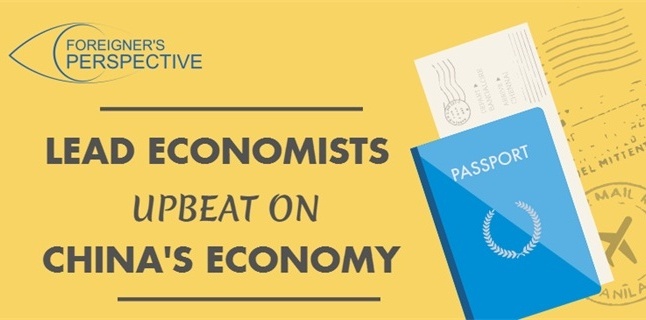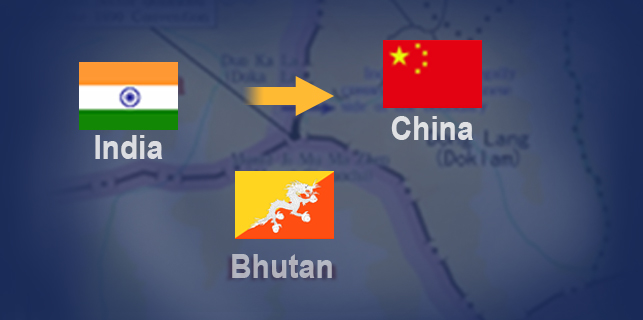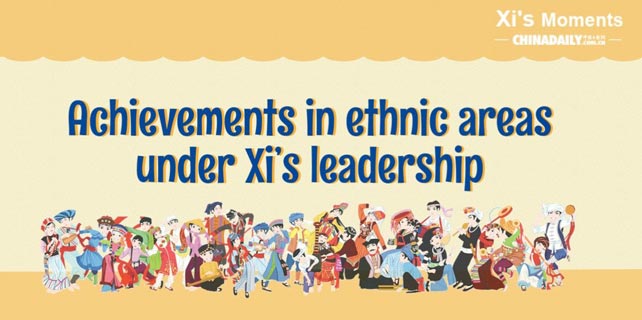Common good is vital: expert
Brookings' Dollar says cooperation on key public issues bolsters China-US ties
The ballast in the relationship of the world's two largest economies is their cooperation on the global public goods, which the Trump administration's "America First" approach is undermining, according to a senior researcher at a US think tank.
Without successful cooperation on issues that matter to the public, it is likely that US-China relations will become more volatile and bounce back and forth on small events, said David Dollar, senior fellow with the John L. Thornton China Center at the Brookings Institution.
For years, academics and politicians in Beijing and Washington have agreed that trade relations are the foundation of bilateral ties, given that China and the US are each other's largest trading partner.
But Dollar said that China's economy is much less export-dependent today than it was before the global financial crisis in 2008, when the country's ratio of exports to gross domestic product fell from 32 percent then to about 18 percent last year.
On the US side, exports to China accounts for less than 1 percent of US GDP, and some American companies have complained about a lack of access to China's markets, according to Dollar.
"It is becoming less true that the economic relationship is the foundation of the overall relationship," Dollar, who specializes in foreign policy and global economy and development, told China Daily in an interview on Monday.
"I see the ballast in the relationship being the cooperation on global public goods," he said.
Global public goods include issues such as peace and security, health, climate change, market efficiency and financial stability, according to Bernur Akgz Ersoy, author of Globalization and Global Public Goods published in 2011.
The two most important public goods for the US and China to cooperate on are climate change and free trade, said Dollar, a former World Bank and US Treasury representative to China.
However, US President Donald Trump's "America first" policy puts little or no value on those public goods, he said.
"We are in danger of losing that ballast now because the Trump administration has a negative view of many global public goods," Dollar said.
The US-China cooperation on climate change, culminating with the Paris Agreement in 2015, was one of the best examples of the two countries working together for the public good, Dollar said.
Other examples include their cooperation on nuclear non-proliferation in Iran, on Ebola control in Africa and on piracy off Africa's coasts, according to Dollar.
"But Trump pulled out of the Paris Agreement and does not believe in addressing climate change," Dollar said, adding that the new US administration also does not like the Iran nuclear agreement and has reintroduced sanctions against the Middle Eastern country.
The Korean Peninsula is one potential area for cooperation, but that will be much harder to solve than Iran because the Democratic People's Republic of Korea is not integrated into the global economy, and sanctions are likely to have a limited impact, Dollar said.
The international community expects China to contribute more to the public good now that its national strength has been significantly enhanced, said Cao Dejun, a PhD candidate at the School of International Studies at Peking University.
The Belt and Road Initiative, proposed by President Xi Jinping in 2013, has become the most popular public good that China provides to the world, Foreign Minister Wang Yi said in March.
Dollar said the Belt and Road Initiative, comprising the Silk Road Economic Belt and the 21st Century Maritime Silk Road, could provide greater integration and faster development of poor countries.
He said the US and China could potentially work together on the Belt and Road, most effectively through multilateral development banks.
"I fear that we will have a bumpy few years because the US has turned away from climate action and free trade," Dollar said. "But I am optimistic that in the long run, the common interests of China and the US will keep relations conflict-free."
huanxinzhao@chinadailyusa.com
















